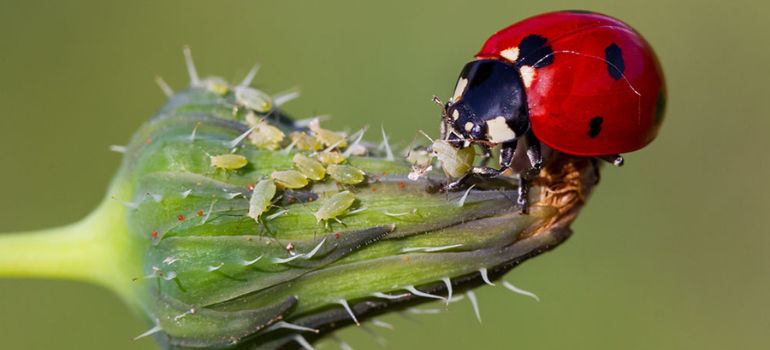In the vast world beneath our feet lies a complex ecosystem teeming with life, including insects that lay their eggs in soil. Understanding the dynamics of this phenomenon is crucial for maintaining healthy soil, promoting agricultural productivity, and preserving our environment.
Introduction
Insect eggs in soil might seem inconspicuous, but their presence can have far-reaching consequences. From affecting plant growth to influencing entire ecosystems, these tiny entities play a significant role in the intricate dance of nature.
Types of Insects Laying Eggs in Soil
Several insects choose soil as the ideal spot to deposit their eggs. From beetles to ants, each insect follows a unique life cycle, impacting the soil in distinct ways. Exploring these life cycles helps us comprehend the broader picture of soil health.
Signs of Insect Eggs in Soil
How can you tell if your soil harbors insect eggs? Look for visual cues, such as small clusters or tunnels in the soil. These signs may be subtle but can have profound effects on the plants growing above.
Impact on Agriculture
For farmers, insect eggs in soil pose a significant challenge. Crop damage, reduced yields, and increased pest control efforts are just a few of the issues they face. It’s essential to delve into the agricultural impact of these hidden invaders.
Preventing Insect Infestations
Prevention is often the best strategy. Whether through organic methods or chemical solutions, there are ways to protect your soil from unwanted insect inhabitants. We explore these methods to empower readers with effective soil protection strategies.
Beneficial Insects in Soil

Not all insects in soil are harmful. Some play vital roles in maintaining soil health by aerating the soil, decomposing organic matter, and controlling pest populations. Discover the allies beneath the surface.
Understanding Soil Ecosystems
The soil is a delicate ecosystem where every organism has a role to play. Insects contribute to soil biodiversity, and understanding their role helps in creating a balanced and sustainable environment.
Research and Studies
Scientific studies provide valuable insights into the world of insect eggs in soil. We examine recent research findings, shedding light on the intricacies of this underground realm and its broader implications.
Gardening Practices and Soil Health
For gardeners, protecting their soil from harmful insect eggs is paramount. We discuss practical, eco-friendly tips to maintain soil health and encourage a thriving garden.
Global Perspectives on Insect Eggs in Soil
The impact of insect eggs in soil varies across regions. By exploring global perspectives, we gain a nuanced understanding of the challenges faced and the diverse solutions implemented worldwide.
Insecticides and Soil Controversy
The use of insecticides raises questions about balancing pest control with environmental preservation. We delve into the ongoing debate, examining the potential consequences of widespread insecticide use on soil ecosystems.
Case Studies
Real-life examples provide insights into how communities have tackled insect eggs in soil. Success stories showcase the effectiveness of various approaches and inspire proactive soil management.
Community Involvement
Encouraging local communities to take an active role in soil protection is crucial. We discuss group initiatives and community-driven projects aimed at safeguarding this precious resource.
Future Trends in Soil Management
As technology advances, new tools and techniques emerge for detecting and managing insect eggs in soil. We explore these innovations and their potential to shape the future of soil health and management.
Conclusion
In conclusion, the world beneath our feet is a dynamic and interconnected ecosystem. Recognizing the presence of insect eggs in soil is the first step towards fostering a healthier environment. By adopting sustainable practices and staying informed, we can contribute to the well-being of our soil and, consequently, the planet.
FAQs
How can I identify insect eggs in my garden soil?
- Look for small clusters or tunnels in the soil, and observe any unusual patterns affecting plant growth.
Are all insects laying eggs in soil harmful?
- No, some insects play beneficial roles in soil health, contributing to its overall balance.
What are eco-friendly methods to protect soil from insect infestations?
- Organic solutions like neem oil, companion planting, and maintaining a diverse garden ecosystem.
Do insecticides harm the soil in the long run?
- There’s a debate; some argue they can disrupt soil ecosystems, while others emphasize their immediate pest control benefits.
How can communities work together to protect their soil?
- Community gardens, educational initiatives, and local policies promoting sustainable soil practices.
